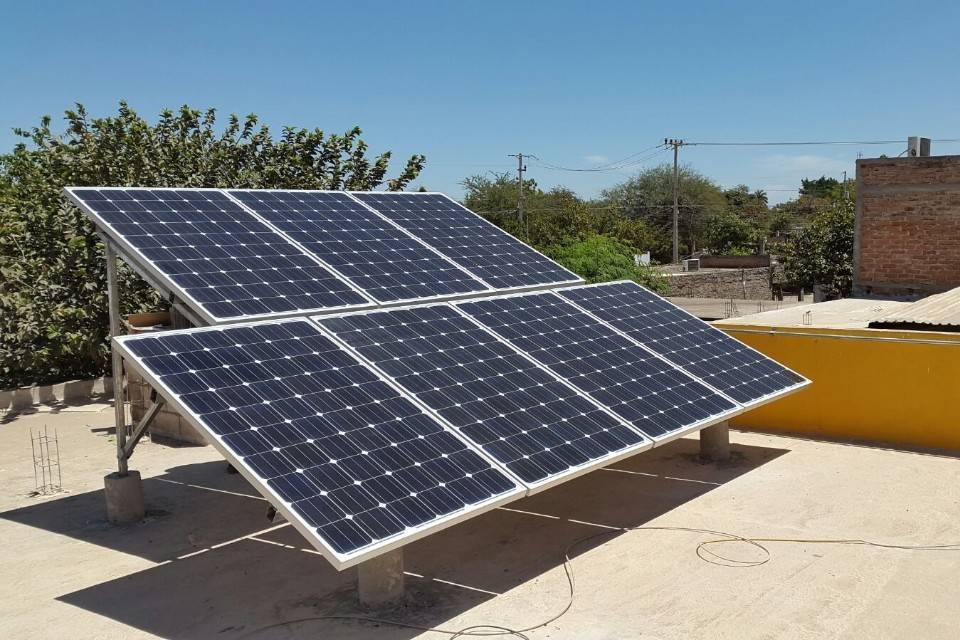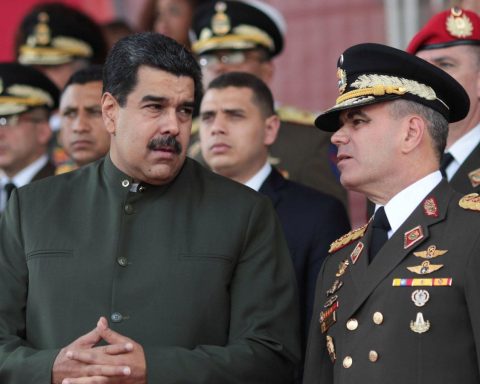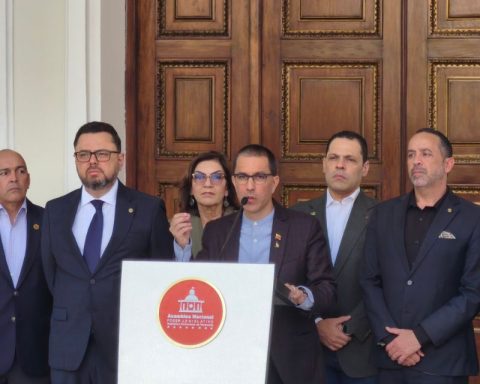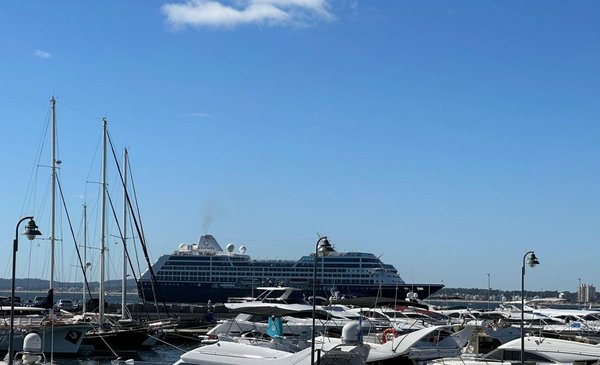The government of Nicolás Maduro promised to reinforce the alternative energy plan in the next three years. The Minister of Electric Power, Néstor Reverol, said that the Executive, through national and international agreements, plans to install 2,000 watts of solar energy in the country.
Through a video published through his account on the Instagram social network, Reverol indicated that the alternative energy plan will be carried out in a first phase, which includes the development of 2,000 solar watts. This stage will begin with 500 megawatts that will be built in the states of Zulia, Falcón, and Lara, to later implement a second and third phase that will include different central and western states of the nation.
*Read also: Movistar and Digitel started 2023 with increases: these are the new rates
The audiovisual shared by the head of the ministerial portfolio highlights that during the year 2022, more than 1,700 solar luminaires were installed in 11 states of the country, giving priority to lighting in different indigenous communities and isolated sectors; as well as important avenues in the national territory.
At work 5G technology and green energy: how (not) Venezuela advances It was possible to determine that due to its geographical position, Venezuela is a privileged country for the use of wind and solar energy. However, not all states are eligible to apply them.
Because the wind speeds are higher in coastal entities such as Zulia, Falcón, Miranda, Vargas, Aragua, Sucre and Nueva Esparta, they are the most suitable for locations of the kinetic energy of the wind. Meanwhile, in the Andean states, because they are closer to the tropics and have a high rate of solar radiation, the development of photovoltaic modules is more feasible.
The idea would seem propitious if the context of blackouts due to failures in the national electrical system is taken into account. Consulted for the aforementioned investigation, the professor of the Simón Bolívar University (USB) Luis Ángel Ramírez, who has a doctorate in alternative energies, pointed out that “the will of the State is needed to carry out the transition.”
The expert said that to achieve this, investment in technology transfer is necessary with countries that can be considered leaders in this field, Denmark and the United States, for example.
He pointed out that the Venezuelan government has developed close ties with that of India for the purchase of wind turbines, “but it has not finished consolidating”, like many of the wind farm projects in La Guajira and Paraguaná, including the one in Nueva Esparta, which today they would be supplying electricity to a large proportion of the country if they had not lost more than 700 million dollars in it.
Post Views: 109















